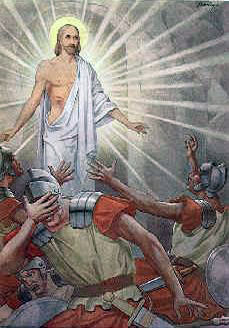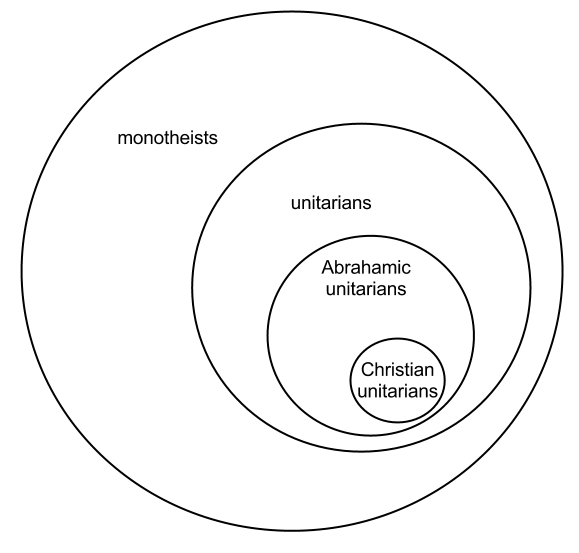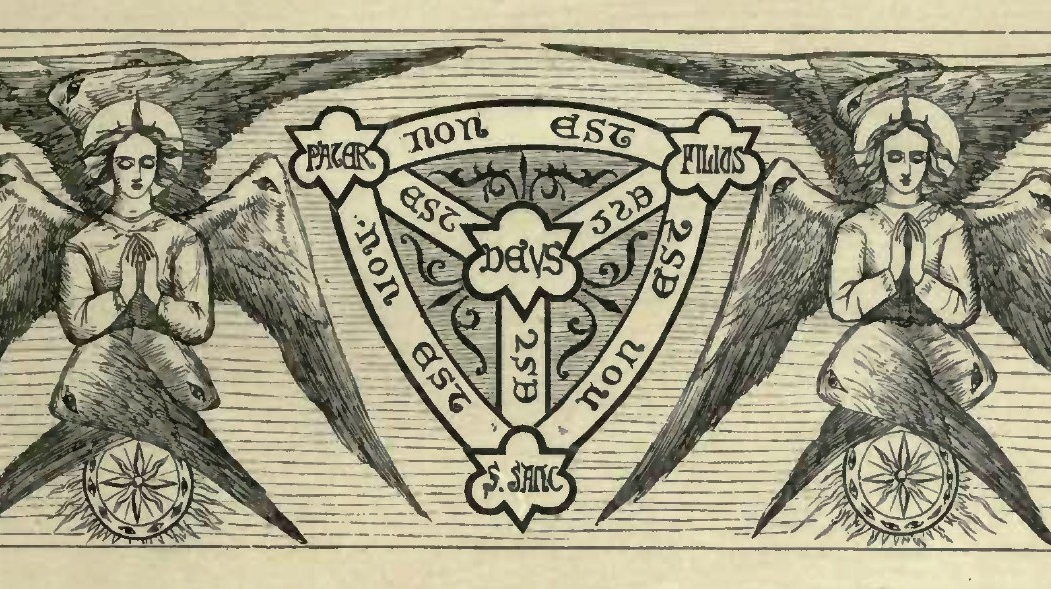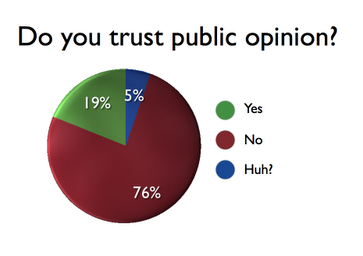
Of all the ancient catholic “fathers” I’ve read, Origen (c.185-254) is the most impressive as a scholar.
It’s not that I usually agree with him – any non-Platonist is going to choke on many of the dishes he’s serving, and I think that most today would take issue with some his ways of interpreting the Bible. But he has vast knowledge, he makes pretty careful distinctions, he knows how to argue, and is just a much more developed and original thinker than most. Any contemporary who was going to square off with him either did or should have considered him a formidable opponent.
He wrote, or rather dictated, a vast amount – evidently, he did little else. Some think he may have been the most prolific person in antiquity. We still have a fair number of texts from him.
He’s historically important for many reasons, but for this post, what’s most important is that in the 3rd century he was considered a stalwart of mainstream (“catholic”, or “proto-orthodox”) Christianity.
Lately I’ve been reading Origen’s Commentary on John, as translated by Ronald E. Heine, who by way, I have found very helpful. He too is a first-rate scholar.
Evidently, passage here is directed against certain monarchians who thought (or at least, were alleged to think) that the Father = the Son, i.e. that the Son is the Father himself and vice versa. This passage struck a nerve with me, as it reminded me of conversations I’ve had.
The references in brackets are from Heine’s footnotes.Read More »Origen: the Son is not the Father


 Last time
Last time
 I woke up this morning, and realized that there is a problem with how I’ve been defining the concept of a unitarian. In this post, I will attempt a definition of the concept of a trinitarian, after reviewing what is required of a good definition.
I woke up this morning, and realized that there is a problem with how I’ve been defining the concept of a unitarian. In this post, I will attempt a definition of the concept of a trinitarian, after reviewing what is required of a good definition. 













 Long ago Arius said that there could be only one God because the distinctive attribute of God is to be ungenerated. In turn, Arius devised a neat syllogism. (i) God is ungenerated. (ii) The Son is generated. (iii) Therefore the Son is not God.
Long ago Arius said that there could be only one God because the distinctive attribute of God is to be ungenerated. In turn, Arius devised a neat syllogism. (i) God is ungenerated. (ii) The Son is generated. (iii) Therefore the Son is not God.



 Three World Vision employees
Three World Vision employees 